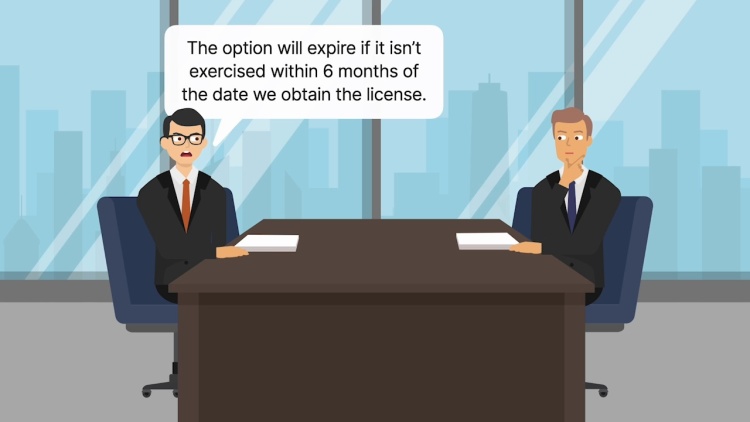The Wharf (Holdings) Limited v. United International Holdings, Inc.
United States Supreme Court
532 U.S. 588 (2001)
- Written by John Caddell, JD
Facts
The Wharf (Holdings) Limited (Wharf) (defendant) was preparing a bid to the Hong Kong government to obtain an exclusive cable television license. Wharf solicited help in preparing the bid from United International Holdings, Inc. (United) (plaintiff). In exchange for this assistance, the parties orally agreed that United would have an option to buy 10 percent of the stock in the cable system. United raised the necessary money to finance the 10 percent and informed Wharf that it was ready to exercise its option. Wharf, however, refused to grant the option. Internal Wharf documents submitted at trial indicated that even when it offered the 10 percent option, Wharf never planned to allow United to exercise it. United brought suit in the United States District Court for the District of Colorado under § 10(b) of the Securities and Exchange Act, 15 U.S.C. § 78j (Act). Wharf argued that its conduct did not fit into the parameters of § 10(b), because its secret intentions did not relate to the value of a purchase or sale of securities. In so arguing, Wharf conceded that the security at issue under the Act was the option to purchase the stock. The district court ruled in favor of United. The United States Court of Appeals for the Tenth Circuit affirmed. The United States Supreme Court granted certiorari.
Rule of Law
Issue
Holding and Reasoning (Breyer, J.)
What to do next…
Here's why 907,000 law students have relied on our case briefs:
- Written by law professors and practitioners, not other law students. 47,100 briefs, keyed to 996 casebooks. Top-notch customer support.
- The right amount of information, includes the facts, issues, rule of law, holding and reasoning, and any concurrences and dissents.
- Access in your classes, works on your mobile and tablet. Massive library of related video lessons and high quality multiple-choice questions.
- Easy to use, uniform format for every case brief. Written in plain English, not in legalese. Our briefs summarize and simplify; they don’t just repeat the court’s language.





